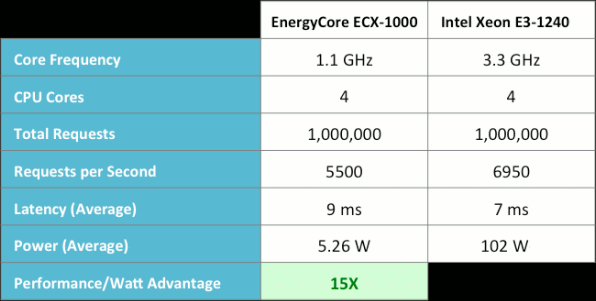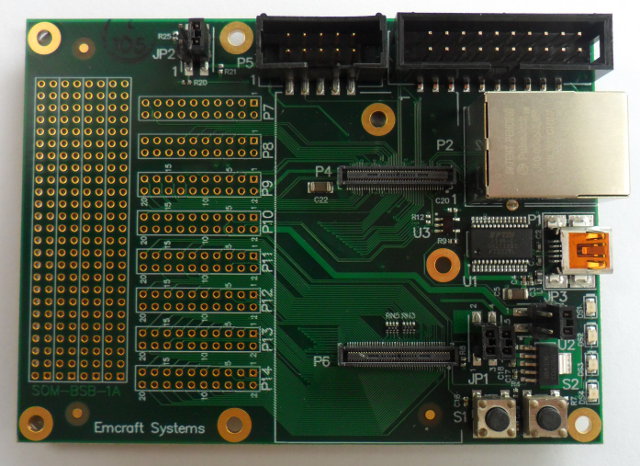I’ve seen quite a few people who want to use the Mele A1000 – or its brother the Mele A2000 – media player as a server (Sacrilege!). Since recent ARM servers are running Ubuntu 12.04, and Tom Gall has (conveniently) posted the live-build config necessary to generate Ubuntu 12.04 Server image this week, I thought I’d give it a try on Mele A1000. The image generated is a headless system running Apache 2 and sshd (openssh_server). I’ll detail the steps I followed to generate this image first, so if you just want to try the SD card image, scroll down at the end of the post. The first step is to generate Ubuntu Linaro Server rootfs, by following the Live-Build instructions on Linaro website together with Tom’s live build config. I’ve followed those steps in a machine running Ubuntu 12.04. Let’s install the required packages:
|
1 2 3 |
sudo add-apt-repository ppa:linaro-maintainers/tools sudo apt-get update sudo apt-get install live-build multistrap qemu-user-static git p7zip-full |
Configure the build and […]






